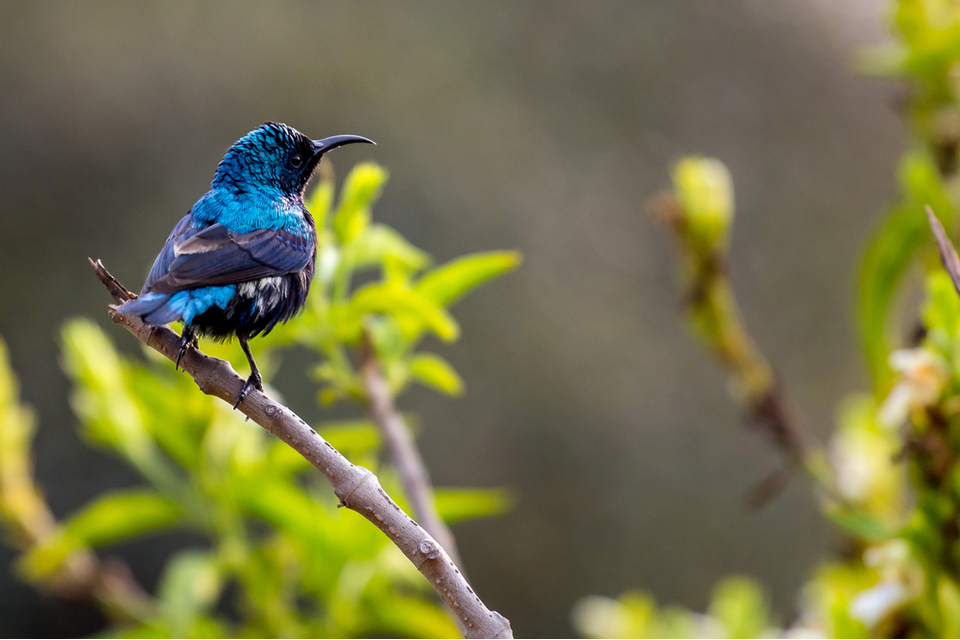Hundreds of thousands of years ago, the white-throated rail colonized the Aldabra Atoll in the Indian Ocean.
With time, not only did the birds lose their wings to become flightless, but they eventually became extinct. The whole species of the white-throated was wiped out around 136,000 years ago when the entire Island disappeared below the sea.
Now, researchers from the University of Portsmouth and Natural History Museum say that the bird exists again.
That’s right; the once extinct flightless white-throated rail is back from the dead. And it’s all thanks to an interesting and rare event called iterative evolution.
How The White-Throated Rail Returned From the Dead
In rare occasions, a creature could repeat the evolution process of its ancestor at different points in history. Such occurrence is known as iterative evolution.
An excellent example of this process is the white-throated rail, which evolves into a flightless bird every few thousand years.
A gradual drop in sea level, which began 100,000 years ago brought the Island of Aldabra back to the surface. For this reason, rails which migrated to Reunion, Mauritius, and other islands also stayed in Aldabra.
Since the newly resurfaced island was free of predators, the rails were free to roam without fear of threats. As a result, they evolved into flightless birds.
The researchers described their findings in a publication in the Zoological Journal of the Linnean Society. They compared rail’s fossils from and after the flooding event and noted the similarities.
While the ankle bones of the birds are already evolving towards flightlessness, the wing bones are already at an advanced state.
Lead researcher, Julian Hume said:
“Fossil evidence presented here is unique for rails, and epitomizes the ability of these birds to colonize isolated islands and evolve flightlessness on multiple occasions successfully.”
According to co-author David Martill, no other example of rails or birds have exhibited the iterative evolution phenomenon.
“Only on Aldabra, which has the oldest palaeontological record of any oceanic island within the Indian Ocean region, is fossil evidence available that demonstrates the effects of changing sea levels on extinction and recolonization events,” Martell said.



















Comments (0)
Least Recent